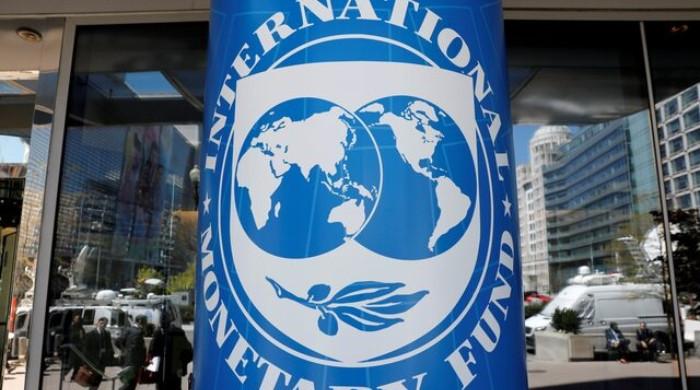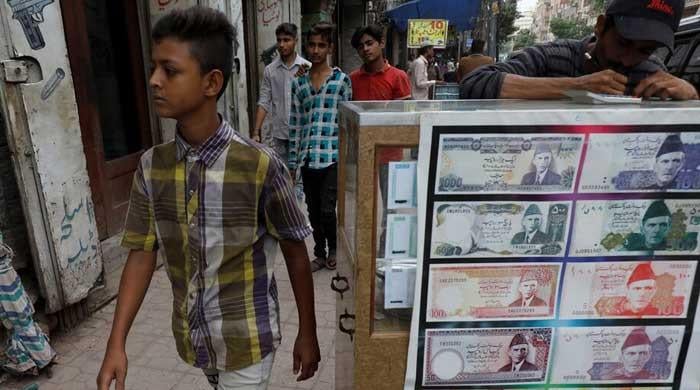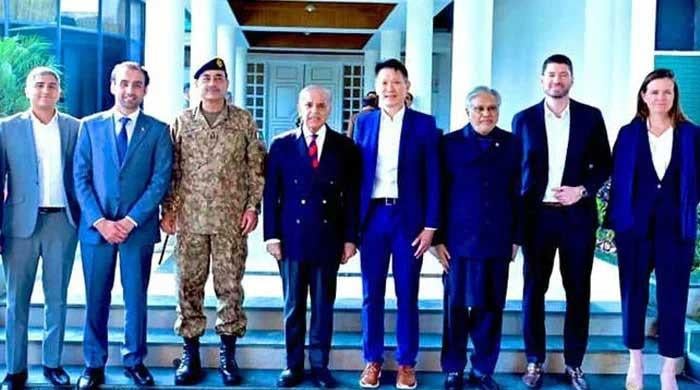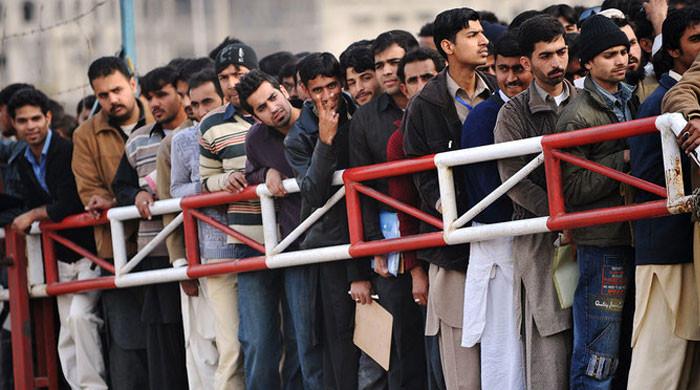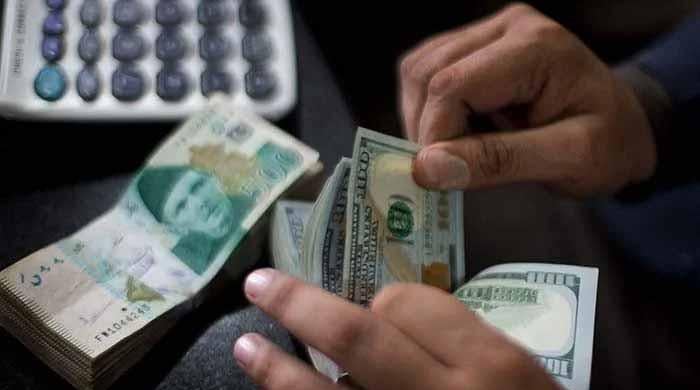Iran's olive branch to US
Tehran can be able, willing partner, as long as its partnerships are based on mutual respect, equal footing, says Javad Zarif
December 03, 2024
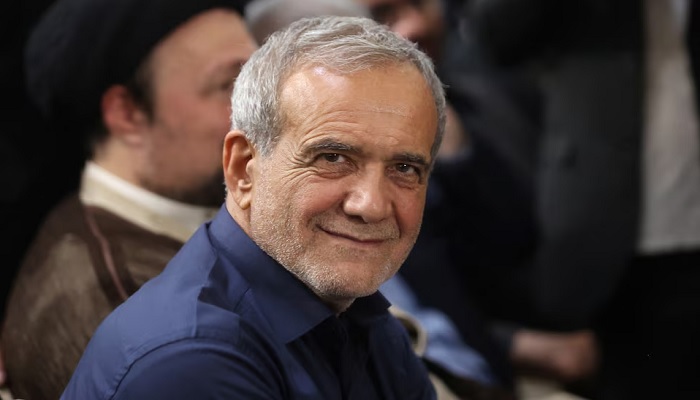
In a troubling time for the Middle East, Iran has expressed its readiness to enter into dialogue with the new US administration.
Iran’s Vice President for Strategic Affairs, Javad Zarif, has laid out the foreign policy agenda at a time when the newly elected president of the United States is gearing up to take the oath of office next month.
In an article written for Foreign Affairs, Zarif reminded the Republican leader how, on July 30, 2024, the former prime minister of the Palestinian Authority, Ismail Haniyeh, was assassinated by Israel in a guest house in Tehran while attending the oath-taking ceremony of Iranian President Masoud Pezeshkian.
To Zarif, “it also previewed the challenges Pezeshkian will face in pursuing his foreign policy ambitions.”
The vice president said that the new Iranian leader is ready to face such difficulties. However, “Pezeshkian recognises that the world is transitioning into a post-polar era where global actors can simultaneously cooperate and compete across different areas.”
Zarif, who is also an Associate Professor of Global Studies at the University of Tehran, said that it is Pezeshkian’s priority to adopt “diplomatic engagement and constructive dialogue rather than relying on outdated paradigms.”
According to Zarif, the president of Iran is seeking stability and economic development in the Middle East by collaborating with Arab countries and engaging with the West.
Extending an olive branch to the United States, Zarif candidly said, “Pezeshkian hopes for equal-footed negotiations regarding the nuclear deal — and potentially more.” However, he made it known that Tehran would never capitulate to unreasonable demands and would continue to protect national interests.
The policy is outlined at a time when the world has witnessed reciprocal missile strikes between Iran and Israel. Earlier, Tehran had also retaliated against the United States for the assassination of General Qasem Soleimani in Iraq.
Zarif warned that this dialogue offer should not be considered a sign of weakness.
“Just days after Israel assassinated Iran’s leading nuclear scientist, Mohsen Fakhrizadeh, Iran’s parliament passed a law directing the government to rapidly advance its nuclear program and reduce international monitoring,” Zarif reminded.
It is also a fact that the unilateral US withdrawal from the Iran nuclear deal in 2018 backfired. Since then, “Iran’s enrichment levels have skyrocketed from 3.5% to over 60%.”
Although the outgoing president, Joe Biden, had termed Trump’s decision to quit the 2015 Joint Comprehensive Plan of Action (JCPOA) deal a “gigantic mistake,” in his five-year term, Washington did not reverse that decision.
Zarif stresses: “The West should look to revive it ... Should Trump decide to take such steps, then Iran is willing to have a dialogue that would benefit both Tehran and Washington.”
The deal had so much financial value for Tehran that it immediately ordered 200 passenger aircraft (100 from Airbus, 80 from Boeing, and 20 from ATR) worth $38 billion, not to mention other big purchases. However, Washington reinstated sanctions, shattering Iran’s dream to modernise its airline industry. The republic’s aviation industry is in such shambles that Iranian President Ebrahim Raisi, his Foreign Minister Hossein Amirabdollahian, and many other senior officials died after an ageing helicopter crashed in the mountains.
Zarif, who also served as Iran’s chief negotiator from 2013 to 2015, laid out his country’s vision for the region. According to him, some differences with neighbours are based on interpretations of history, misconceptions, or ideas implanted by the West about the “objective of Iran’s nuclear programme.”
He advocated for a new regional arrangement and offered a legal basis for comprehensive regional talks.
“Iran and its neighbours can start by mimicking the Helsinki process, which led to the formation of the Organization for Security and Cooperation in Europe. They can use the never-implemented mandate that the UN Security Council gave to the UN Secretary-General in 1987 under Resolution 598. That resolution, which ended the Iran-Iraq War, called on the Secretary-General to consult with Iran, Iraq, and other regional states to explore measures that could enhance security and stability in the Persian Gulf,” Zarif reminded.
The vice president expressed confidence that Iran’s support for Palestinian resistance could help kick-start such cooperation. At the same time, he warned the West that sowing seeds of hatred would not work.
“Western policymakers must acknowledge that strategies aimed at pitting Iran and Arab countries against one another by supporting initiatives such as the so-called Abraham Accords (which normalised ties between various Arab countries and Israel) have proven ineffective in the past and will not succeed in the future.”
At the same time, “Shared challenges could even prompt Tehran and Washington to engage in conflict management rather than exponential escalation.”
He also apprised Israel that the Palestinians, who have nothing to lose, cannot be defeated. Both Hamas and Hezbollah will continue their liberation movements until the Palestinians’ right to self-determination is realised. Simultaneously, he made it known that “Iran will agree to any solution acceptable to Palestinians.”
In the end, Zarif said, “Although today’s Iran is confident that it can fight to defend itself, it wants peace, and it is determined to build a better future.”
“Iran can be an able and willing partner, as long as its partnerships are based on mutual respect and equal footing. Let us not miss this opportunity for a new beginning,” concluded Zarif.
It is important to note that on March 12, 2020, Zarif, then foreign minister of Iran, had written a letter to UN Secretary-General Antonio Guterres against the Biden administration.
In that letter, Zarif claimed that the government of the United States was awarding collective punishment to the Iranian people by depriving them of humanitarian trade. He labelled Washington’s measures against Tehran as “US economic terrorism.”
However, Zarif’s current foreign policy initiative has come at a moment when the Trump administration will try its best to secure the early release of US and Israeli citizens held hostage by Palestinian militant organisations. Whether Iran will pressure its proxies to release them remains an open question for such a discussion.
The author is Controller News at Geo News. He posts on X at @NasimHaider2 and can be reached at [email protected]




